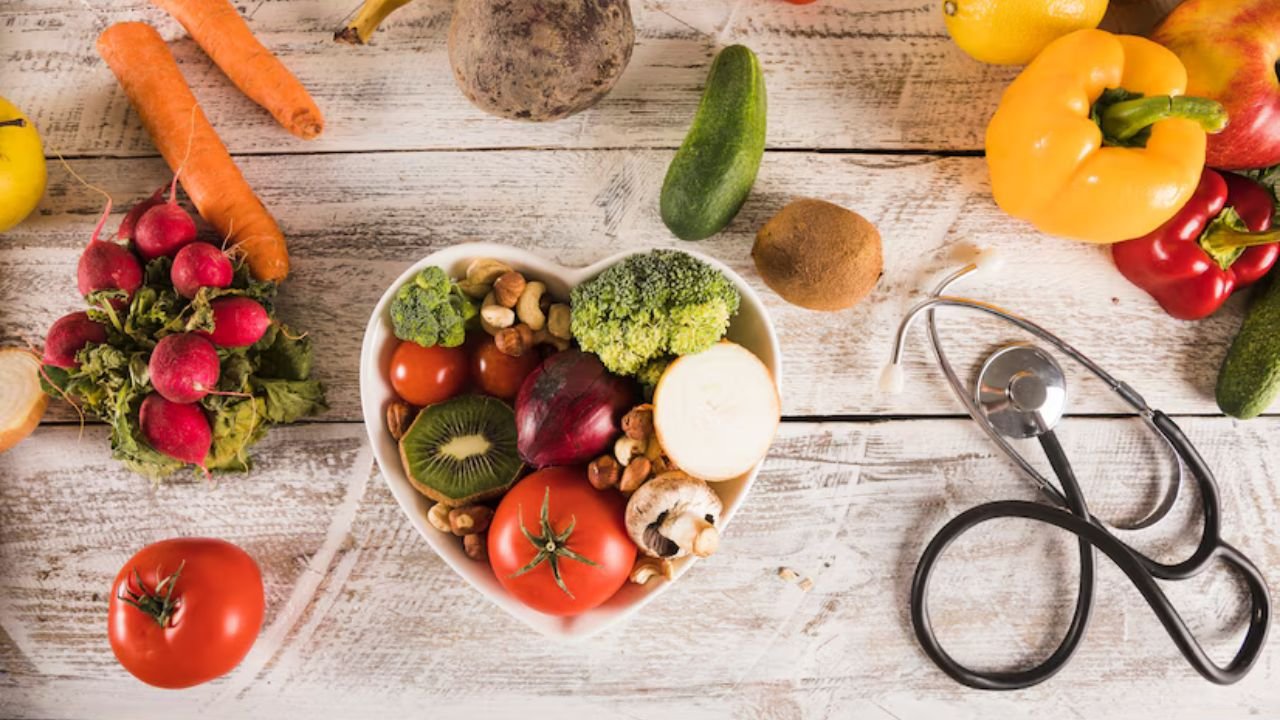The importance of putting one’s health first has skyrocketed in today’s hectic society, characterized by high stress levels and widespread poor lifestyle choices. Step right up to WellHealthOrganic, an all-inclusive manual for living a balanced, healthy life the organic way and with more mindfulness.
Understanding Wellness
What is Wellness?
The term “wellness” refers to a state of complete physical, mental, and emotional well. A balanced and satisfying existence is the result of deliberate decision-making.
The Importance of Wellness
Putting your health first is essential if you want to maintain a state of perpetual happiness and health. Mood, energy, and illness resistance might all get a boost from it.
Key Components of a Healthy Lifestyle
Several essential elements are involved in sustaining a healthy lifestyle:
Nutrition
Consuming a varied diet that is high in organic, whole foods is key to providing our bodies with the fuel they require for peak performance.
Exercise
Maintaining a healthy weight, building strong muscles and bones, and lowering the risk of chronic illnesses may all be achieved by regular physical exercise.
Sleep
Getting a good night’s sleep is crucial to your health and wellness. Our brains and emotions benefit from the time off because our bodies are able to relax and recharge.
Stress Management
Both our physical and emotional well-being can be negatively impacted by chronic stress. Mindfulness, meditation, and deep breathing exercises are all part of a stress management routine that may help you relax and unwind.
Benefits of Organic Living
Reduced Exposure to Chemicals
The use of pesticides and other synthetic chemicals has been associated to a host of health problems; opting for organic alternatives lessens this risk.
Environmental Impact
By increasing biodiversity and improving soil health, organic agricultural techniques are less harmful to the environment and more sustainable in the long run.
Nutritional Benefits
Vitamins, minerals, and antioxidants found in organic foods tend to be more abundant than those in conventionally farmed vegetables.
Incorporating Organic Practices into Daily Life
Organic Eating
When you can, buy organic grains, fruits, and vegetables to reduce your consumption of foods grown with pesticides and other synthetic ingredients.
Natural Beauty Products
Avoid skin irritation caused by harsh chemicals and artificial scents by opting for natural, organic skincare and cosmetic products.
Eco-Friendly Lifestyle Choices
Choose sustainable, environmentally friendly items and cut back on energy use to lessen your impact on the planet.
Tips for Maintaining a Healthy Lifestyle
Sticking to a healthy living routine is essential if you want to see results. To keep you on course, here are some suggestions:
Balanced Diet
Concentrate on consuming a wide range of nutrient-dense foods, such as a lot of fresh produce, whole grains, lean meats, and fruits.
Regular Exercise Routine
Find something you like doing and include exercise into your daily life; try to do moderate exercise for at least 30 minutes on most days.
Prioritizing Sleep
Get between seven and nine hours of high-quality sleep nightly to promote health and wellness. Establish a soothing nighttime ritual.
Stress Management Techniques
To alleviate tension and unwind, try yoga, meditation, or mindfulness.
Conclusion
Organic methods and a focus on wellness may greatly improve our health and overall well-being. Choosing to eat healthily, exercise regularly, get enough sleep, and deal with stress effectively may lead to a better, more balanced existence.
FAQs
- Is organic food really worth the extra cost?
- The health and environmental advantages of organic food make many people think it’s worth the extra money compared to conventionally cultivated stuff.
- How can I incorporate more organic foods into my diet on a budget?
- To save money on organic vegetables, try shopping at farmers’ markets, joining a CSA, or buying in bulk.
- Are there any downsides to organic living?
- Organic farming has its detractors who worry that it won’t be as productive as conventional farming, which might drive up costs and reduce supplies.
- Can organic products really make a difference for the environment?
- Compared to conventional farming, organic farming is better for the environment since it improves soil health, biodiversity, and water conservation.
- How can I reduce my exposure to harmful chemicals in everyday products?
- If you want to keep your family safe from potentially dangerous chemicals, it’s best to stick to natural, organic skincare, cleaning, and home product options.





